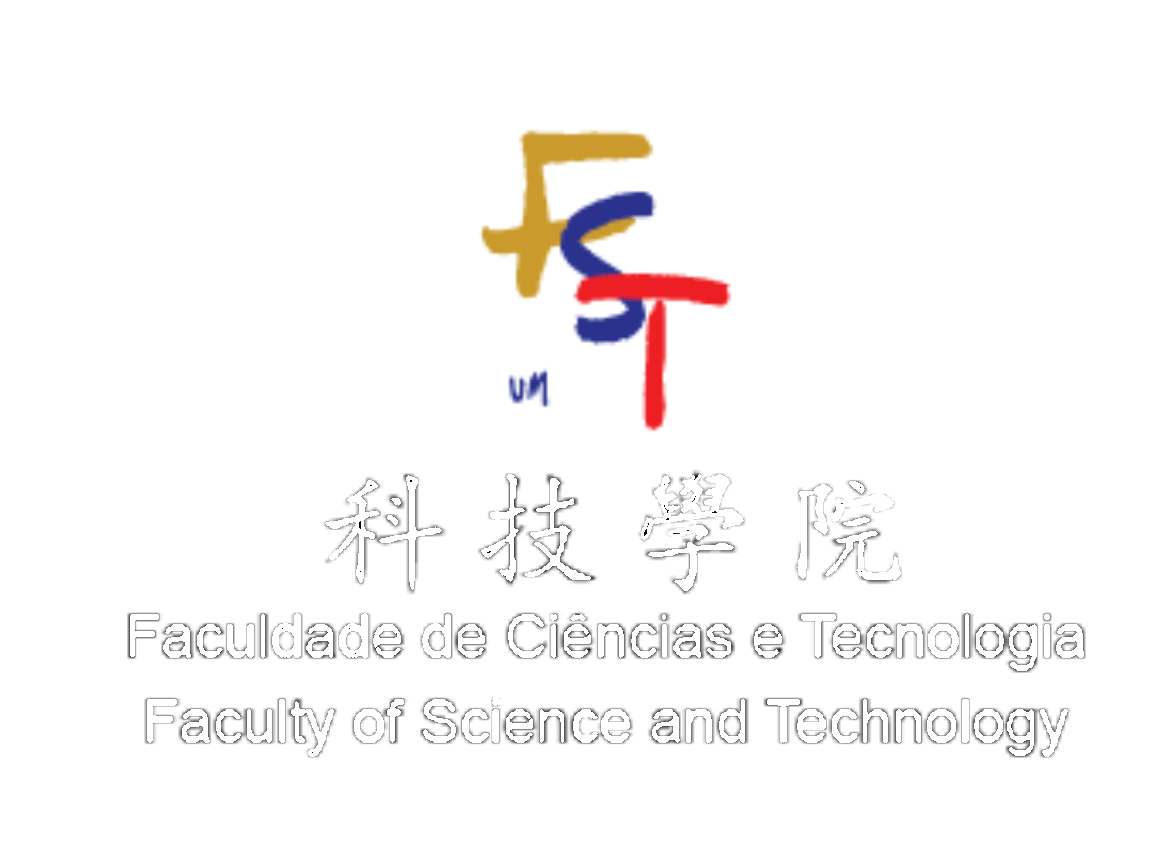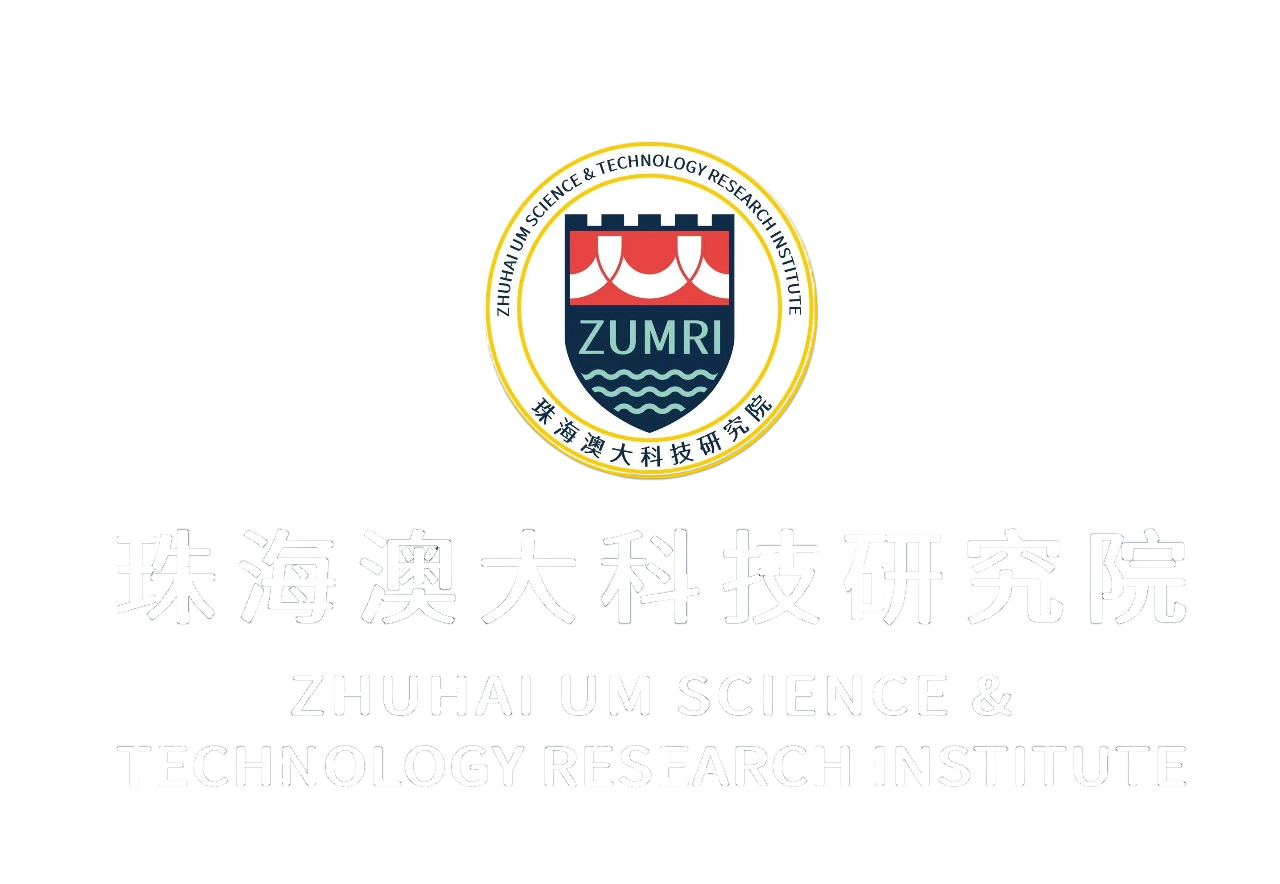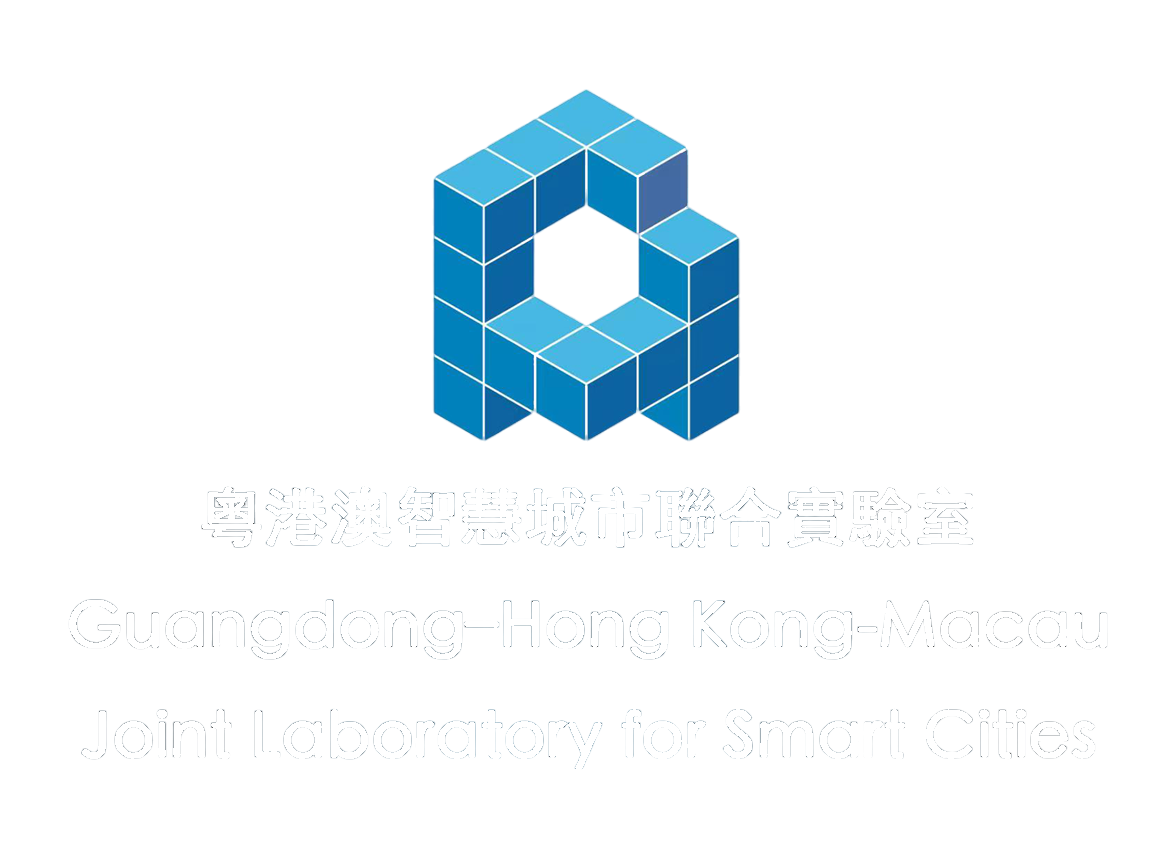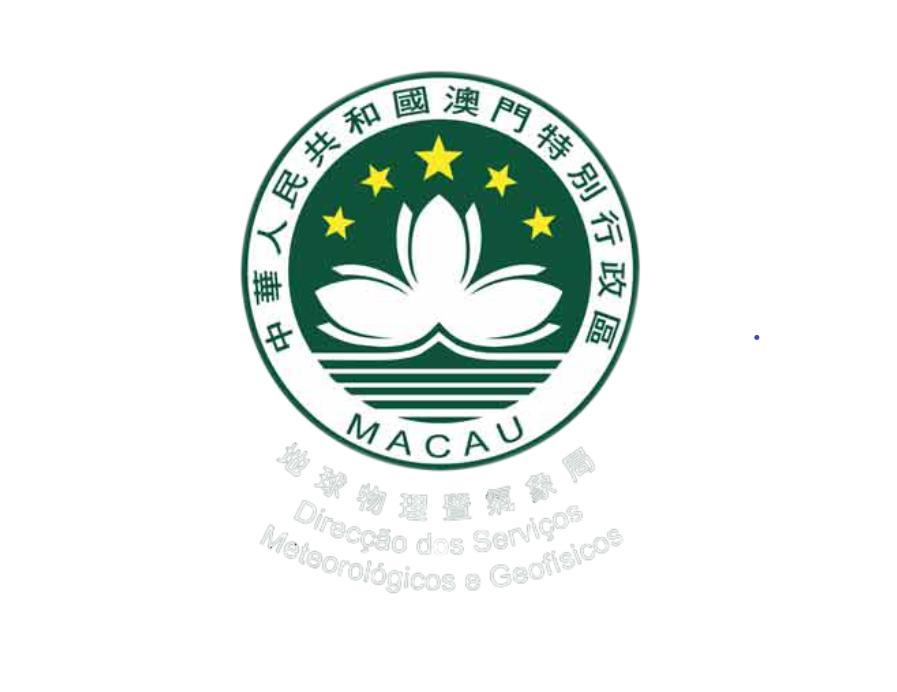Keynote Speakers
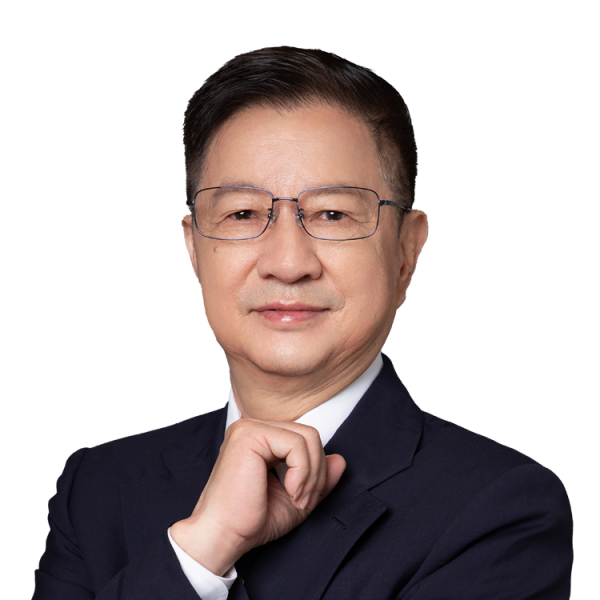
Xiangsheng CHEN
Chair Professor
Academician of China Engineering Academy
Shenzhen University
Prof. Xiangsheng CHEN is a distinguished expert in Tunnel and Underground Engineering, Urban Rail Transit Engineering, Special Geotechnical Engineering, and Shaft Engineering. He pursued his studies and research at several prestigious institutions, including Anhui University of Science and Technology, Shanghai International Studies University, Berlin Institute of Technology, University of the Ruhr, and Cambridge University, and Tsinghua University.
Throughout his 40-year career, he has successfully completed over 60 research projects, including national science and technology key projects and National Natural Science Foundation projects. He has led over 60 major engineering projects at the national or provincial level, with a total investment exceeding 167 billion RMB. His remarkable achievements include winning the National Science and Technology Progress Award three times, provincial and ministerial awards 14 times, the Zhan Tianyou Civil Engineering Award four times, and the Mao Yisheng Engineering Grand Award once. He also received the Third China Outstanding Entrepreneurship Award for Science and Technology. Chen Xiangsheng has authored nine books (including five monographs) and published over 100 papers both domestically and internationally. In March 2018, he joined Shenzhen University’s School of Civil Engineering and Transportation as the current Dean.
Talk Title: Space-air-ground Integration Intelligent Technology Empowers Resilient Cities Construction
Abstract: Resilient cities are cities that have the ability to absorb, recover and prepare for future shocks, promoting sustainable development, well-being and inclusive growth. Currently, there are many challenges regarding how to construct sustainable and resilient cities. In this talk, space-air-ground integrated intelligent technologies for promoting resilient cities are introduced, including intelligent perception for city-wide elements, real-time monitoring for city operation status, and smart decision-making for city emergencies. Specifically, a number of project practice using smart sensing and AI based technologies performed by Underground Polis of Academy, Shenzhen University are introduced, such as multi-scale monitoring and safety assessment of a number of prefabricated Shenzhen subway stations integrating multiple sensing technologies from InSAR, machine vision and fiber Bragg grating sensors, foundation pit monitoring and digital management of Waterlands Resort East Station and Universiade Station using computer vision, MEMS, and BIM based technologies, and life-cycle monitoring of large-scale underground structures (super-long piles and retaining walls) in Nanshan district using distributed fiber optic sensors, etc. The talk presents a final discussion and summary regarding a set of urban governance modernization methods to improve city resilience that integrate the thorough perception, real-time monitoring and sharing, and smart decision-making in the city.

Xuemin SHEN
IEEE Fellow
Engineering Institute of Canada Fellow
Canadian Academy of Engineering Fellow
Royal Society of Canada Fellow
Chinese Academy of Engineering Foreign Fellow
Academician of China Engineering Academy
Professor, University of Waterloo, Canada
Xuemin (Sherman) Shen (M’97–SM’02–F’09) is a University Professor with the Department of Electrical and Computer Engineering, University of Waterloo, Canada. His research focuses on network resource management, wireless network security, Internet of Things, 5G and beyond, and vehicular ad hoc and sensor networks. Dr. Shen is a registered Professional Engineer of Ontario, Canada, an Engineering Institute of Canada Fellow, a Canadian Academy of Engineering Fellow, a Royal Society of Canada Fellow, a Chinese Academy of Engineering Foreign Member, and a Distinguished Lecturer of the IEEE Vehicular Technology Society and Communications Society.
Dr. Shen served as the Technical Program Committee Chair/Co-Chair for IEEE Globecom’16, IEEE Infocom’14, IEEE VTC’10 Fall, IEEE Globecom’07, and the General Chair for the ACM Mobihoc’2015. Dr. Shen is the President of the IEEE ComSoc. He was the Vice President for Technical & Educational Activities, and Vice President for Publications. Dr. Shen served as the Editor-in-Chief of the IEEE IoT JOURNAL, IEEE Network, and IET Communications.
Talk Title: 6G – Holistic Network Virtualization and Edge Intelligence
Abstract: Next-generation wireless networks should have scalable network architecture, provide automated network management, and perform intelligent and flexible resource allocation in order to support diversified applications with various quality of service requirements. Through network virtualization and intelligence, this presentation will provide potential solutions to achieve the goal.

Mohammad SHAHIDEHPOUR
Fellow of IEEE
Galvin Center for Electricity Innovation
Illinois Institute of Technology
Dr. Mohammad Shahidehpour is a University Distinguished Professor, Bodine Chair Professor of Electrical and Computer Engineering, and Director of the Robert W. Galvin Center for Electricity Innovation at Illinois Institute of Technology (IIT). He has over 40 years of experience with power system operation, planning, and control and has completed several major projects for the electric energy sector. His project on Perfect Power Systems has converted the entire IIT Campus to an islandable microgrid. Dr. Shahidehpour was the recipient of several technical awards including of the IEEE Burke Hayes Award for his research on hydrokinetics, IEEE/PES Outstanding Power Engineering Educator Award, IEEE/PES Ramakumar Family Renewable Energy Excellence Award, IEEE/PES Douglas M. Staszesky Distribution Automation Award, and the Edison Electric Institute’s Power Engineering Educator Award. He has co-authored 6 books and over 800 technical papers on electric power system operation and planning, and served as the founding Editor-in-Chief of the IEEE Transactions on Smart Grid. Dr. Shahidehpour is the recipient of the 2009 honorary doctorate from the Polytechnic University of Bucharest. He is a Fellow of IEEE, Fellow of CSEE (China), Fellow of the American Association for the Advancement of Science (AAAS), Fellow of the National Academy of Inventors (NAI), and an elected member of the US National Academy of Engineering (NAE). He is also listed as a highly cited researcher on the Web of Science (ranked in the top 1% by citations demonstrating significant influence among his peers).
Talk Title: Machine Learning Applications in Power System Decision Analyses
Abstract: Modern power systems are large, distributed, dynamic, uncertain, and complex machines with a wide range of heterogeneous and spatially-distributed electrical components, e.g., distributed energy resources (DERs), electric vehicles (EVs), intelligent switches, and smart meters. With the fast-growing penetration of distributed devices and technologies in electric power systems, advanced communication, computation, and control infrastructures are progressively utilized by stakeholders for substantiating a more efficient, reliable, resilient, sustainable, economic, and secure management of electricity grid. However, a rigorous modeling of complex power system operations is becoming more challenging as distributed, data-oriented, closely-coupled, and highly uncertain components are blended into power systems. With steady advances in communication and computational technologies, e.g., 5G networks and edge-computing, machine learning techniques will evolve as a viable tool to embrace new opportunities and challenges for power system optimization. Machine learning, which is an extension of the artificial intelligence practice in power systems, is portrayed as a data analytic technique that can train computers to complete complicated operation tasks and arrive at credible decisions automatically via a specific learning process. This presentation offers a systematic application of state-of-the-art machine learning techniques in the optimal operation and control of distributed power systems.

Tarek ABDELZAHER
Chair Professor
Fellow of IEEE & ACM
University of Illinois Urbana-Champaign
Prof. Tarek ABDELZAHER received his Ph.D. in Computer Science from the University of Michigan in 1999. He is currently a Sohaib and Sara Abbasi Professor and Willett Faculty Scholar at the Department of Computer Science, the University of Illinois at Urbana Champaign. He has authored/coauthored more than 300 refereed publications in real-time computing, distributed systems, sensor networks, and control. He served as an Editor-in-Chief of the Journal of Real-Time Systems, and has served as Associate Editor of the IEEE Transactions on Mobile Computing, IEEE Transactions on Parallel and Distributed Systems, IEEE Embedded Systems Letters, the ACM Transaction on Sensor Networks, and the Ad Hoc Networks Journal, among others. Abdelzaher’s research interests lie broadly in understanding and influencing performance and temporal properties of networked embedded, social and software systems in the face of increasing complexity, distribution, and degree of interaction with an external physical and social environment. Tarek Abdelzaher is a recipient of the IEEE Outstanding Technical Achievement and Leadership Award in Real-time Systems (2012), the Xerox Award for Faculty Research (2011), as well as several best paper awards. He is a fellow of IEEE and ACM.
Talk Title: Intelligent Edge Services and Foundation Models for Internet of Things Applications
Abstract: Advances in neural networks revolutionized modern machine intelligence, but important challenges remain when applying these solutions in IoT and Smart City contexts; specifically, on lower-end embedded devices with multimodal sensors and distributed heterogeneous hardware. The talk discusses challenges in offering machine intelligence services to support applications in resource constrained distributed IoT environments. The intersection of IoT applications, real-time requirements, distribution challenges, and AI capabilities motivates several important research directions. For example, how to support efficient execution of machine learning components on embedded edge devices while retaining inference quality? How to reduce the need for expensive manual labeling of IoT application data? How to improve the responsiveness of AI components to critical real-time stimuli in their physical environment? How to prioritize and schedule the execution of intelligent data processing workflows on edge-device GPUs? How to exploit data transformations that lead to sparser representations of external physical phenomena to attain more efficient learning and inference? How to develop foundation models for IoT that offer extended inference capabilities from time-series data analogous to ChatGPT inference capabilities from text? The talk discusses recent advances in edge AI and foundation models and presents evaluation results in the context of different real-time IoT applications.
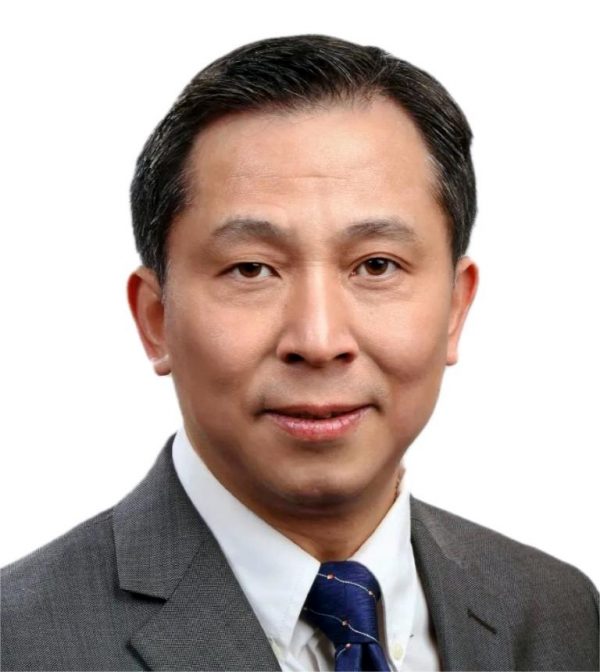
Hui XIONG
Chair Professor
Fellow of IEEE & AAAS Fellow
ACM Distinguished Scientist
Artificial Intelligence Thrust Head
Rutgers University / The Hong Kong University of Science and Technology (Guangzhou)
Prof. Hui XIONG currently holds several esteemed positions at the Hong Kong University of Science and Technology (Guangzhou), including Chair Professor, Associate Vice President for Knowledge Transfer, and Head of the Artificial Intelligence Thrust. Before joining HKUST, he also served as Chief Scientist (Smart City) and Deputy Dean of Baidu Research Institute, leading five research labs in his charge. He has received numerous honors and awards, including being elected as a Fellow of the American Association for the Advancement of Science (AAAS), Distinguished Scientist of the Association for Computing Machinery (ACM), and Fellow of the Institute of Electrical and Electronics Engineers (IEEE).
Talk Title: Talent Analytics: Prospects and Opportunities
Abstract: The big data trend has made its way to human resource management. Indeed, the availability of large-scale human resource (HR) data provide unparalleled opportunities for business leaders to understand talent behaviors and generate useful talent knowledge, which in turn delivers intelligence for real-time decision making and effective people management at work. In this talk, we introduce the powerful set of innovative Artificial Intelligence (AI) techniques developed for intelligent human resource management, such as recruiting, performance evaluation, talent retention, talent development, job matching, team management, leadership development, and organization culture analysis. In addition, we will also demonstrate how the results of talent analytics can be used for other business applications, such as market trend analysis and financial investment.
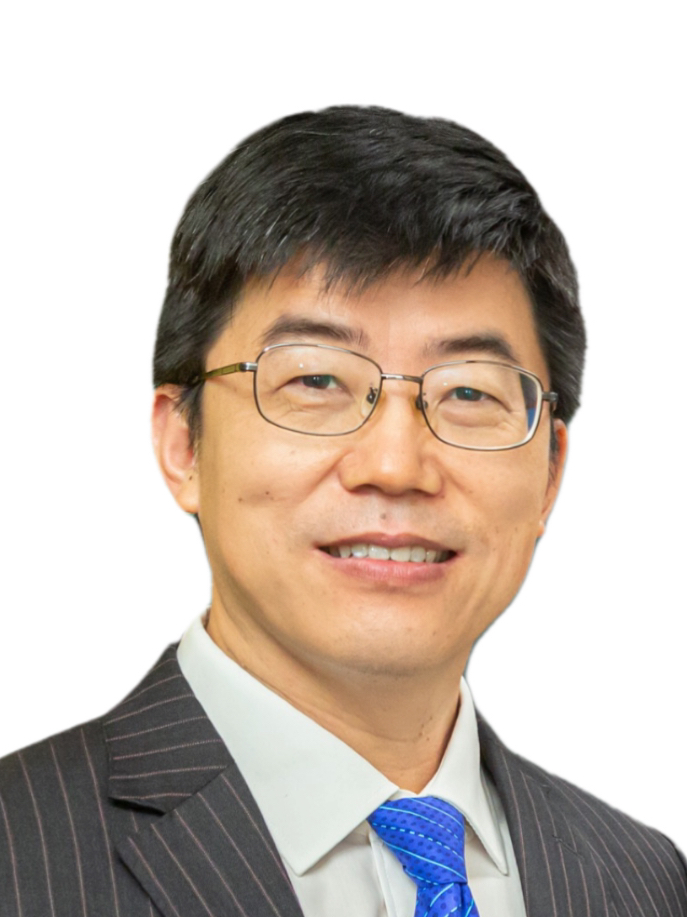
Limin ZHANG
Head & Chair Professor
The Hong Kong University of Science and Technology
Prof. Limin ZHANG is Chair Professor and Head of the Department of Civil and Environmental Engineering and Associate Director of GREAT Smart Cities Institute at the Hong Kong University of Science and Technology. His research covers geotechnical risk assessment and management, slopes and dams and landslide risks. He is currently Chair of Technical Committee TC210 on Embankment Dams of the International Society of Soil Mechanics and Geotechnical Engineering (ISSMGE), Editor-in-Chief of International Journal Georisk, and editorial board member of Engineering Geology, Computers and Geotechnics and several other journals. Prof. Zhang is recipient of ASCE’s Ralph Peck award and ISSMGE’s Lacasse Lecture award.
Talk Title: Initiation and Propagation of Urban Hazard Chains under Extreme Storms
Abstract: This lecture presents (1) possible hazard chains in densely populated urban areas initiated by extreme rainstorms and storm surges; (2) numerical simulation of the initiation and propagation of hazard chain events; and (3) rapid assessment of urban hazards. Emphasis is put on the analysis of urban flooding and landslides caused by extreme rainfall and a novel prompt quantitative risk assessment method for city-scale rain-induced landslides.

